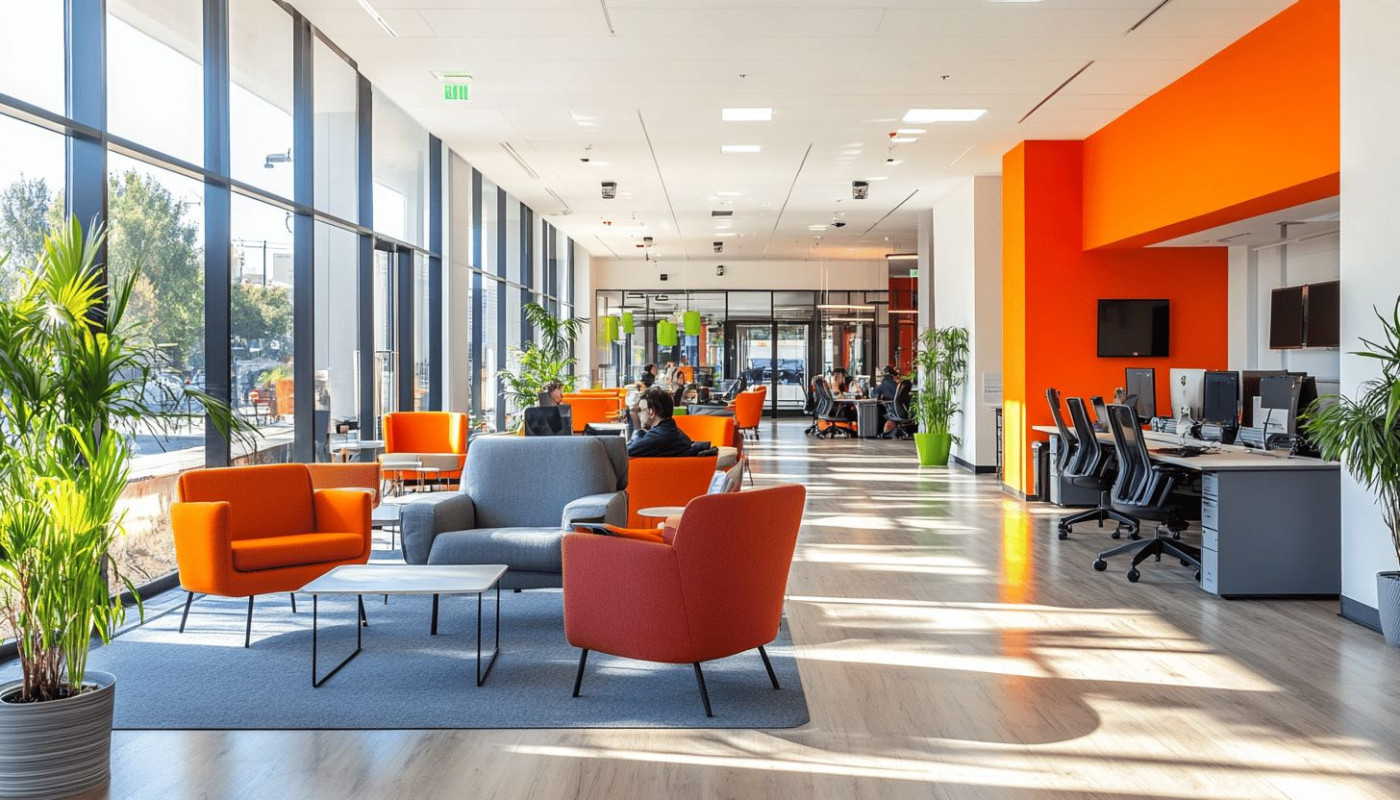Table of contents
The B2B economy is undergoing a significant transformation, driven by the green revolution. As environmental consciousness grows among consumers and businesses alike, it's becoming increasingly important for B2B companies to adopt sustainable practices and offerings. This shift towards eco-friendliness is not just about preserving our planet, it also presents numerous business opportunities. Embracing this green revolution can provide a competitive edge, boost brand reputation, and even increase profits. In the coming sections, we will delve deeper into the role of the green revolution in the B2B economy, and how it's shaping the future of business.
Understanding the Green Revolution in B2B
The concept of the green revolution in the B2B economy stems from the growing awareness of environmental concerns and the increasing drive for sustainability in business practices. It represents a shift in the way businesses operate, moving towards more eco-friendly and sustainable practices. The green revolution is not just a trend; it's a fundamental change in the way businesses think about their operations and their impact on the environment.
The drivers of the green revolution in the B2B economy are manifold. Increasing regulatory pressures, consumer demand for sustainable products and services, and the realization of the business benefits of sustainability are all contributing to this shift. One of the main ways in which this is manifesting in business practices is through sustainable procurement. This involves selecting suppliers based on their environmental performance in addition to other factors such as price and quality.
There are both benefits and challenges associated with the green revolution in the B2B economy. The benefits include cost savings from energy efficiency, improved brand reputation, and access to new business opportunities. However, challenges can arise in the form of initial investment costs, the need for new skills and knowledge, and potential resistance to change.
Despite these challenges, many businesses are embracing the green revolution, seeing it not just as a way to protect the environment but also as a tool for gaining a competitive advantage. The green revolution in the B2B economy is here to stay, and businesses need to adapt in order to thrive in this new environment.
Benefits of the Green Revolution for B2B Companies
The green revolution has sparked significant changes in the B2B economy, bringing about a raft of benefits for businesses prepared to embrace this shift. One of the key advantages includes the enhancement of a brand's reputation. As companies adopt eco-friendly practices, they are seen as socially responsible, which in turn boosts their image in the eyes of customers and stakeholders alike. This is where green supply chain management comes in as a significant technical term.
Furthermore, there's a notable increase in customer loyalty. In an era where consumers are more environmentally aware, businesses that demonstrate a commitment to sustainability are more likely to retain existing customers and attract new ones. This commitment can manifest in various forms such as energy-efficient operations, ethical sourcing, and waste reduction.
What's more, the green revolution brings about cost savings. By implementing eco-friendly practices, businesses can enhance their efficiency, resulting in lower operating costs. This involves incorporating sustainable practices in production, reducing energy consumption, and minimizing waste, all of which can lead to considerable savings.
Lastly, going green opens doors to new markets. As the demand for sustainable products and services grows, companies that successfully adapt to the green revolution stand to tap into these emerging markets, giving them a competitive edge. These are just a few of the benefits brought by the green revolution in the B2B economy. It's easy to see why taking steps towards sustainability can prove advantageous for a business in today's world.
Case Studies of Successful Green Revolution Adoption
In the realm of the B2B economy, the green revolution has made waves by ushering in an era of corporate social responsibility (CSR). To fully comprehend the impact of this shift, we will delve into case studies of successful green revolution adoption.
These case studies provide tangible evidence of companies integrating sustainable operations into their business models. These businesses serve as paragons of successful adoption of green principles, demonstrating the potential for profitability alongside ecological sustainability.
It is through these illustrations that the real impact of the green revolution in the B2B economy can be understood and appreciated. The forthcoming narrative would benefit significantly from a business journalist well-versed in eco-friendly businesses and their operations. The intersection of sustainable practices and business strategy is where the future of the B2B economy will be defined.
Future of the Green Revolution in B2B Economy
In the concluding part of our discourse, we will explore the prospective trajectory of the green revolution within the B2B economy. The role of technology, policy, and consumer demand will be examined as key drivers shaping this development. Noteworthy is the concept of the "circular economy", an economic system aimed at eliminating waste and the continual use of resources. It is a key technical term that finds relevance in the green revolution.
Undeniably, technology plays a pivotal role in the green revolution. Technological innovation in the form of clean energy solutions, waste reduction, and more efficient processes are becoming increasingly crucial in B2B operations.
In addition to technology, policy is another vital factor impacting the green revolution in B2B. Regulatory policies and initiatives can incentivize or mandate businesses to adopt more environmentally friendly practices. Policy change, therefore, is an instrumental tool in promoting the green revolution in this sector.
Lastly, the role of consumer demand cannot be overlooked. As awareness and concern for the environment grows among the public, demand for greener, sustainable products and services is increasing. This consumer-driven demand is pushing businesses to consider their environmental impact more seriously and shift towards greener operations.
So, in summarizing, the future of the green revolution in B2B economy lies at the intersection of technology, policy, and consumer demand. It is a complex yet intriguing journey that is set to shape the future of businesses and the planet at large.
Challenges and Solutions in Adopting Sustainable Practices
The path to adopting sustainable practices in the B2B economy often involves confronting a range of challenges. These hurdles may include high implementation costs, resistance to change, and lack of technical knowledge. Nevertheless, these obstacles should not be seen as deterrents but rather as catalysts for transformative innovation in business.
A key tool in overcoming these business challenges is the adoption of a 'life cycle assessment'. This method allows companies to evaluate the environmental impacts associated with all the stages of a product's life, from raw material extraction through materials processing, manufacture, distribution, and disposal. With this comprehensive view, businesses can identify areas for improvement and implement more effective and sustainable practices.
The business transformation towards a more sustainable model is not an overnight process. Ongoing innovation is paramount in the quest for sustainability. By reassessing and upgrading practices, companies can find solutions that not only benefit the environment but also lead to cost savings and improved customer relations. The move towards sustainable practices, consequently, becomes an investment in the future success of the business.
Similar articles










